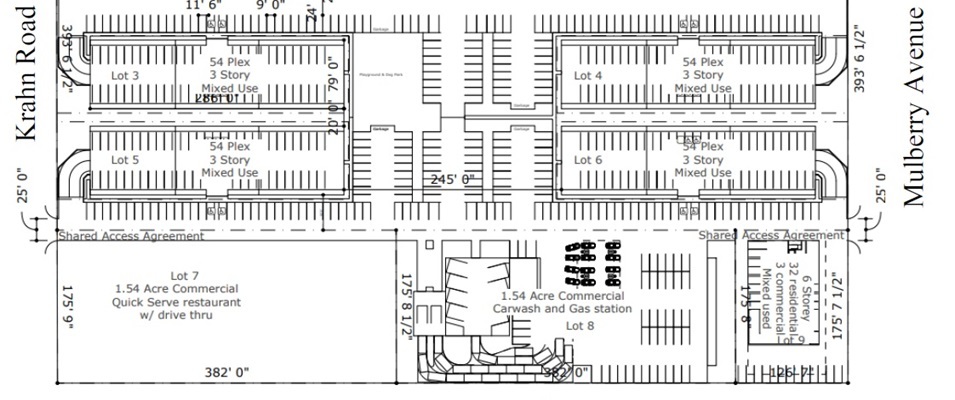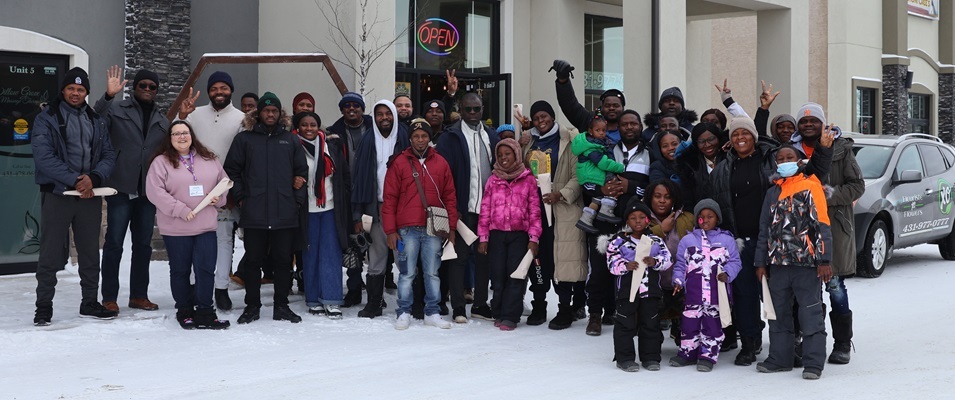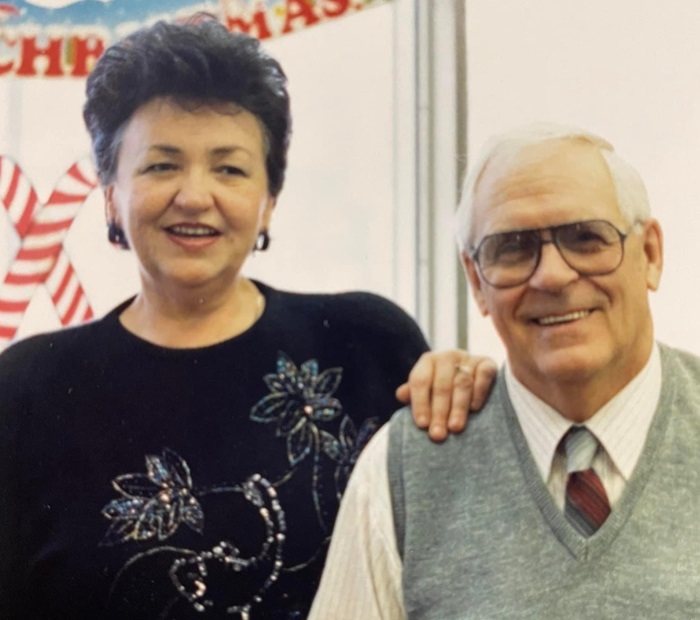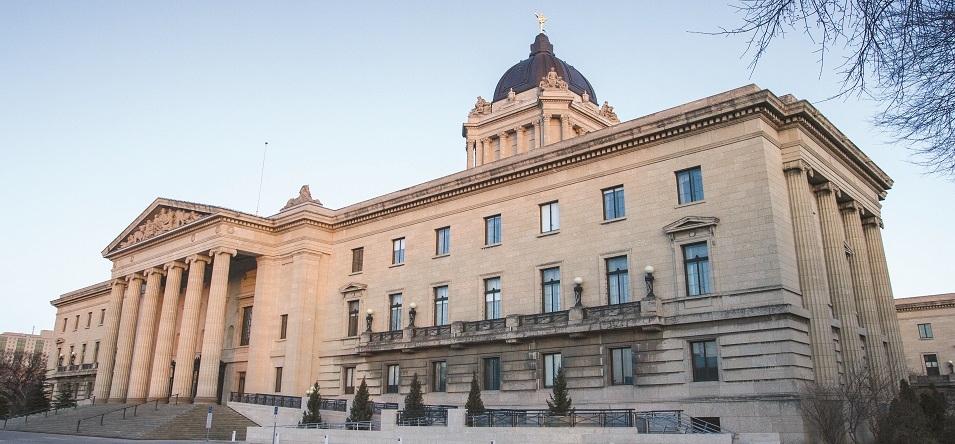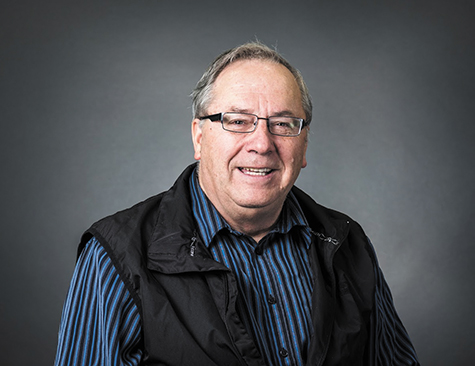
I first met Roger the year he moved to Niverville, in 1976. He was born in Edmonton, Alberta—of good German stock—and grew up in a family with five other siblings.
Roger’s parents moved the family to Three Hills, Alberta as Roger was entering the fourth grade, and that’s where he completed high school. He then went on to attend Prairie Bible Institute, also in Three Hills. It was here that he met Marge Friesen, who was also attending the school but came from the Niverville area. They married in 1970 and Roger went on to earn his Bachelor of Education at the University of Alberta.
Once they moved to Niverville, Roger connected with many people in the community, and out of those relationships was born the Maranatha Church. Roger was unorthodox in his leadership style, and those of us who were with him from the beginning didn’t fully understand him. He saw things from perspectives that many around him did not see, and after some deliberation Roger and the family moved away again, this time to Prince Albert, Saskatchewan.
This proved to be a pivotal time in his life. Roger had come to realize that what he carried within him did not fit the model of a typical pastor. In Prince Albert, Roger saw firsthand the dilemma of the First Nations people, and he chose to invest himself in reaching out to the them as well as seeking to connect with the inmates at the maximum security prison there.
His and Marge’s home became a place where broken people found hope and love. Food, clothing, and whatever was needed were always available as long as Roger and Marge had the resources to help. He had come to believe that every person has value, every person has the image of God in their DNA, and no one should be discounted by the unfortunate circumstances they may have encountered in life.
I have personally met some of the hardened criminals whose lives were permanently changed by encountering hope, love, and the offer of a second chance through Roger’s life. He had come to realize that prison had no power to bring hope to truly hopeless situations; the best prison could do was cause a person to pause and reflect.
Roger and his family moved back to Manitoba in 1986, and have lived here ever since.
His heart to listen and understand without judgement has opened doors to connect with First Nations and Inuit leaders and people across Canada and the north. He has led teams into communities that have been devastated by addiction. Communities like Clyde River, where the addiction rate was over 75 percent and the debt load was in the hundreds of thousands of dollars. Roger led a team into that community, and today that community is being transformed.
Roger’s passion for the causes most people run from has been noted by those in political offices at the highest level. He has been given opportunities most of us would readily take, yet he has politely declined them in order to further his life’s work.
In Niverville, people who know Roger see him as a community builder. He has a passion to bring down the walls that separate people. He is respected and honoured as one who by example seeks to build bridges.
Roger has come to know and understand that only when we are willing to hear one another can we develop the meaningful relationships that build a community.





